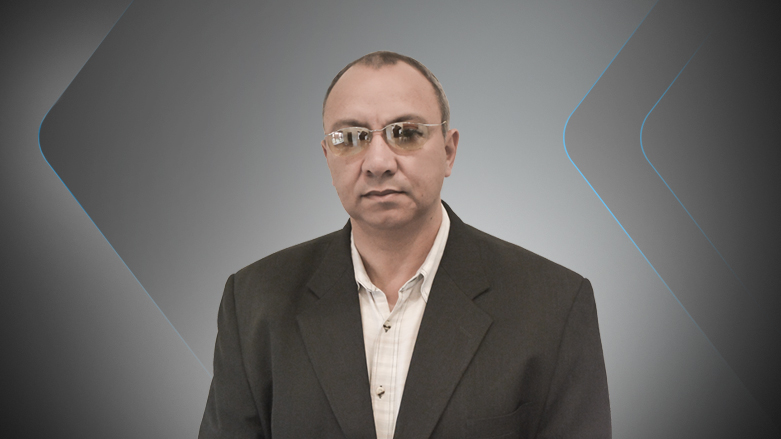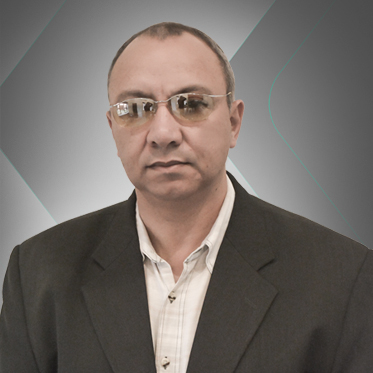Kurds of Gaziantep: Zugzwang

It is disturbing enough when a suicide bomber kills indiscriminately. It is even more so when the bomber is a teenager: This was the case for the suicide bomber that killed 53 people at a wedding in Gaziantep, a city in South-Eastern Turkey.
This horrific event has a political back story. This heinous bombing took place outside the wedding of a young Kurdish couple. It is believed that the motivation was planned to target the maximum number of people.
The casualties were mostly women and children of Kurds attending the wedding function. The Kurds in Gaziantep, a city some 95 km from Aleppo, Syria, have become a significant force in the region that faces a position of Zugzwang - any move they make they lose.
Gaziantep is known for ISIS activities and conflict between the radical group and Kurds. ISIS has struck before in the city even though they have been reluctant to claim responsibility for bombings on Turkish soil.
The proximity of Gaziantep to northern Syria, where tribal lines often blur between Syrian Kurds and those from across the border, makes the Turkish group vulnerable on many fronts. Not aiding this weak position is the statement made by the PKK that the wedding was a celebration for one of its members.
The success of the YPG Kurds in northern Syria and the Peshmerga in Iraq against the Islamic state fighters offers another reason to place the responsibility for the suicide bombing squarely on ISIS. Could this bombing be revenge against the Kurds in a city where ISIS is said to have a strong base for weapons collection and recruitment?
The combined Arab and Kurdish forces (SDF) have offered ISIS the most fearsome opposition to date. Focusing on the Kurds gives ISIS better opportunity to control north-western Syria in the future.
One could also argue that the marriage of the Kurds in this part of the world between Syrians and Turks strengthens the potential of a future independent Kurdish state in northern Syria. To this end, Assad's forces may well benefit by reducing the Kurdish stronghold in Gaziantep if they still have any hopes of uniting the country under a single government.
Any demands that the Kurds and their YPG militia may have is seemingly under threat. More recently Assad's forces attacked the Kurds in Hasakah. This is unprecedented. Could it be that the Kurds are becoming a potential threat that Assad has to temper?
There is also no love lost between the Kurdish PKK in eastern Turkey and the Turkish government. Any American support for the YPG in northern Syria or the PKK in Turkey has to take into account the tensions that American-Turkish relations will have to entertain. Unless, of course, America accepts that Syria will never be united again and that a separate Kurdish state in northern Syria may well become a possibility in the future.
The idea of a tripartite state in the region is entertained with the amount of political chaos presently underway in Syria. Perhaps an independent Kurdish state, a part of Syria led by Assad, and a small Islamist militant region, is the solution.
These permutations are not completely far-fetched given the introduction of Russian and Iranian contributions over the last month. Russian analysts often offer nuanced ideas on a future Kurdish independent state in the region especially so given the military contributions against ISIS by the Kurds and their increasing belief that they can form their own state.
If it is accepted, in theory, that a state should at minimum have the ability to protect its citizens, then they have filled huge gaps that the Assad government has not been able to fill.
The Kurds of Gaziantep and northern Syria remain in a position of zugzwang as long as the international powers are pusillanimous in their relations with each other: Russia and America are concerned about Turkey’s and Iran’s internal and foreign policies. The question is how Baghdad and Damascus will react in the wake of these developments.
Rashid Begg is a Professor of Sociology from South Africa; previously he was the Dean of Social Sciences at the University of Kurdistan – Erbil (UKH).
The views expressed in this article are those of the author and do not necessarily reflect the position of Kurdistan24.
Editing by Delovan Barwari
